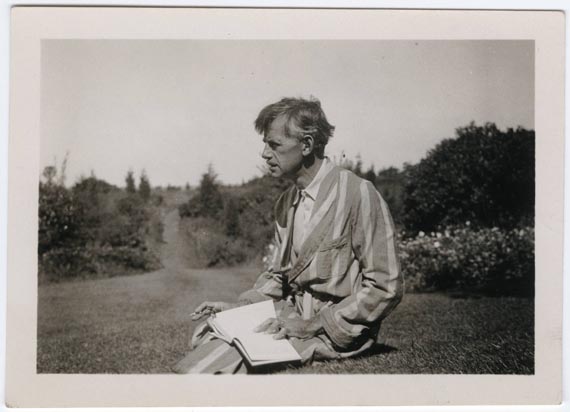I like O’Neill. One of my lads is doing Lit. This article provides a comprehensive view of the landscape of American playwriting, emphasizing the unique contributions of O’Neill, Williams, and Miller, while also acknowledging the broader context of American theatre history and the significant figures who have contributed to its evolution.
Introduction
Discussing Eugene O’Neill, Tennessee Williams, and Arthur Miller as the three “great” American playwrights involves exploring their contributions to American theatre and the unique qualities each brought to their works. Each of these playwrights revolutionized American drama in their own, particular way, leaving a lasting impact on the landscape of American theatre and culture.
The Three Greats of American Playwriting
Eugene O’Neill
- Innovation and Themes: O’Neill is credited with introducing a new depth of psychological realism and personal and existential themes to American plays, influenced by European dramatists like Ibsen and Strindberg.
- Major Works: Notable works include “Long Day’s Journey Into Night,” “The Iceman Cometh,” and “Mourning Becomes Electra,” exploring complex human emotions and family dynamics.
- Legacy: He was awarded the Nobel Prize in Literature in 1936 for his exploration of the darker aspects of human experience, including themes like addiction and existential anxiety.
Tennessee Williams
- Innovation and Themes: Williams is known for his poetic dialogue, vivid characters, and Southern Gothic elements, focusing on the fragility of human relationships.
- Major Works: Famous plays include “A Streetcar Named Desire” and “The Glass Menagerie,” centring on characters grappling with societal conflicts and the elusive American Dream.
- Legacy: Celebrated for deep character studies and highlighting the alienation of the American spirit in the 20th century.
Arthur Miller
- Innovation and Themes: Miller explored the American Dream and societal critique, focusing on personal and societal value conflicts.
- Major Works: Acclaimed plays include “Death of a Salesman” and “The Crucible,” renowned for their moral and societal exploration.
- Legacy: His plays offer profound social commentary, combining personal and political narratives.
Playwrights Nearing the Pinnacle
While O’Neill, Williams, and Miller stand at the pinnacle, other playwrights like David Mamet, known for his dialogue and exploration of power; August Wilson, with his “Pittsburgh Cycle”; and Sam Shepard, who explored American family life, also made significant contributions but did not quite reach the same level of influence.
Playwrights Across Eras
Before O’Neill, Williams, and Miller
- Susan Glaspell: A pioneer of modern feminist drama.
- George S. Kaufman: A central figure in American comedy in the early 20th century.
- Thornton Wilder: Known for “Our Town,” exploring universal themes through innovative techniques.
Contemporary and Post-Three Greats
- August Wilson: His “Pittsburgh Cycle” profoundly impacted American theatre with its portrayal of the African American experience.
- David Mamet: A critical figure in understanding modern American drama.
- Tony Kushner: “Angels in America” addresses themes of homosexuality, AIDS, and politics.
- Lynn Nottage: A two-time Pulitzer Prize winner, addressing issues like race and gender.
- Tracy Letts: Known for “August: Osage County,” combining humour and emotional impact.
Conclusion
In conclusion, while many playwrights have left indelible marks on American theatre, the combined innovation, depth, impact, and cultural significance of O’Neill, Williams, and Miller arguably place them in a unique “top three” category. Their works not only revolutionized American playwriting but also continue to resonate deeply with audiences, both in America and around the world. The landscape of American theatre, rich in its diversity and evolution, is shaped by each era’s playwrights, reflecting the changing cultural and social landscapes. The contributions of earlier, contemporary, and emerging playwrights are essential in understanding the full breadth and depth of American theatre.
